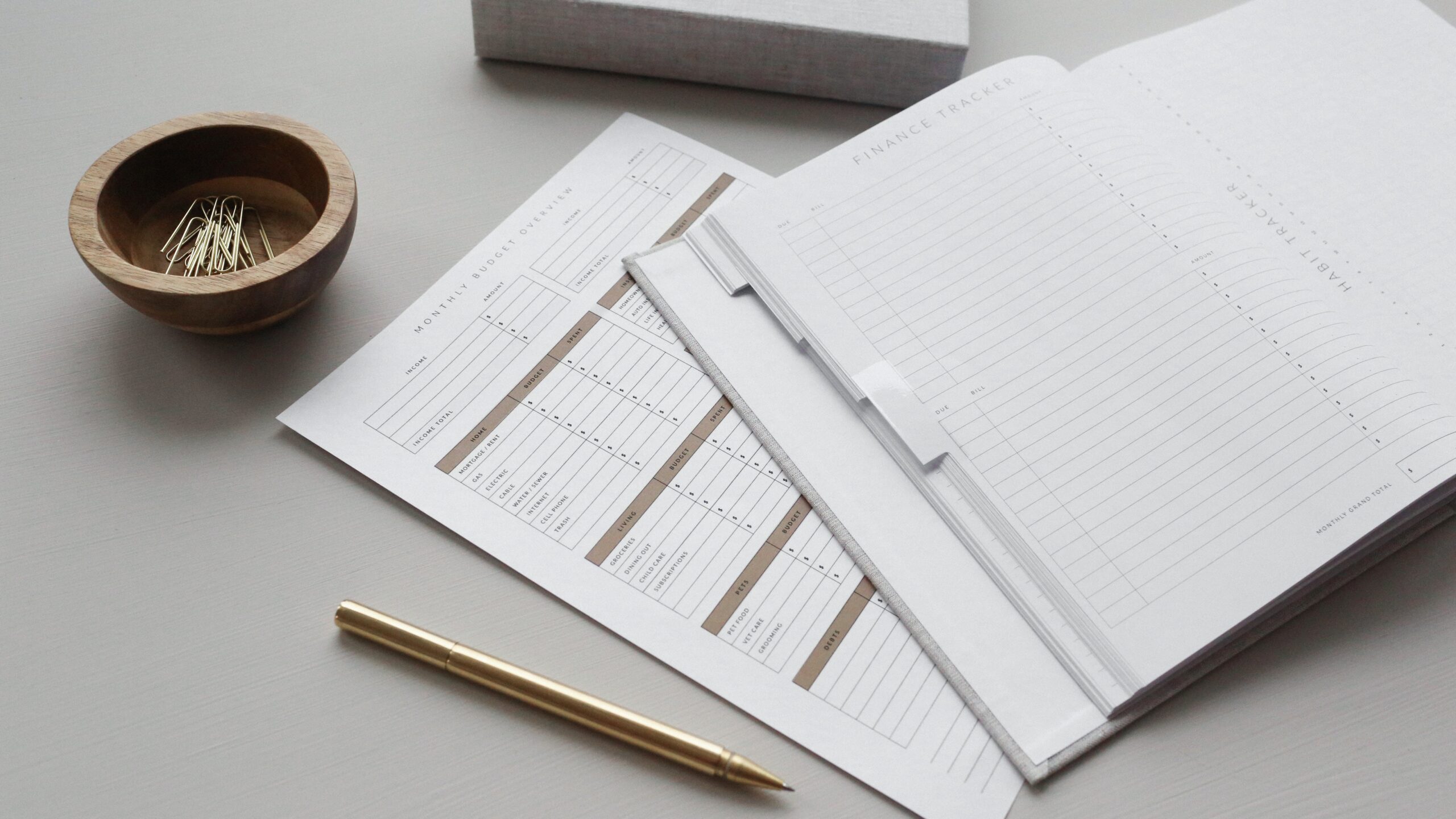Budgeting is a critical aspect of personal finance, as it helps individuals keep track of their expenses and ensure that they are spending their money in a responsible and strategic manner. One of the most important elements of budgeting is categorizing expenses into different categories. This allows individuals to see exactly where their money is going and make adjustments if necessary.
Here are some common budget categories that individuals can use to track their expenses:
- Housing: This category includes expenses related to a person’s primary residence, such as mortgage or rent payments, utilities, property taxes, insurance, and maintenance costs.
- Transportation: This category covers expenses related to getting around, including car payments, gas, insurance, maintenance, public transportation costs, and parking fees.
- Food: This category includes the costs of groceries, dining out, and any other food-related expenses.
- Personal Care: This category encompasses expenses related to personal grooming, such as haircuts, grooming products, and personal hygiene items.
- Entertainment: This category includes expenses related to leisure activities, such as movies, concerts, hobbies, and vacations.
- Healthcare: This category includes costs related to medical care, including insurance premiums, co-pays, and prescription drugs.
- Debt Repayment: This category includes payments made towards paying off debt, such as credit card balances, personal loans, and student loans.
- Savings: This category encompasses contributions made to a person’s savings account, including emergency funds and retirement accounts.
- Miscellaneous: This category can include anything that doesn’t fit into the other categories, such as gifts, donations, and unexpected expenses.
It’s important to note that everyone’s budget categories will be unique to their individual needs and circumstances. Some people may choose to add additional categories, such as a “Pet Care” category for pet-related expenses, or a “Clothing” category for clothing and footwear expenses. The key is to create a budget that accurately reflects a person’s spending habits and financial priorities.
In conclusion, budget categories play an important role in budgeting, as they help individuals keep track of their expenses and make informed decisions about how to allocate their funds. By creating a customized budget that takes into account their individual needs and financial goals, individuals can improve their overall financial well-being and achieve greater financial stability.
